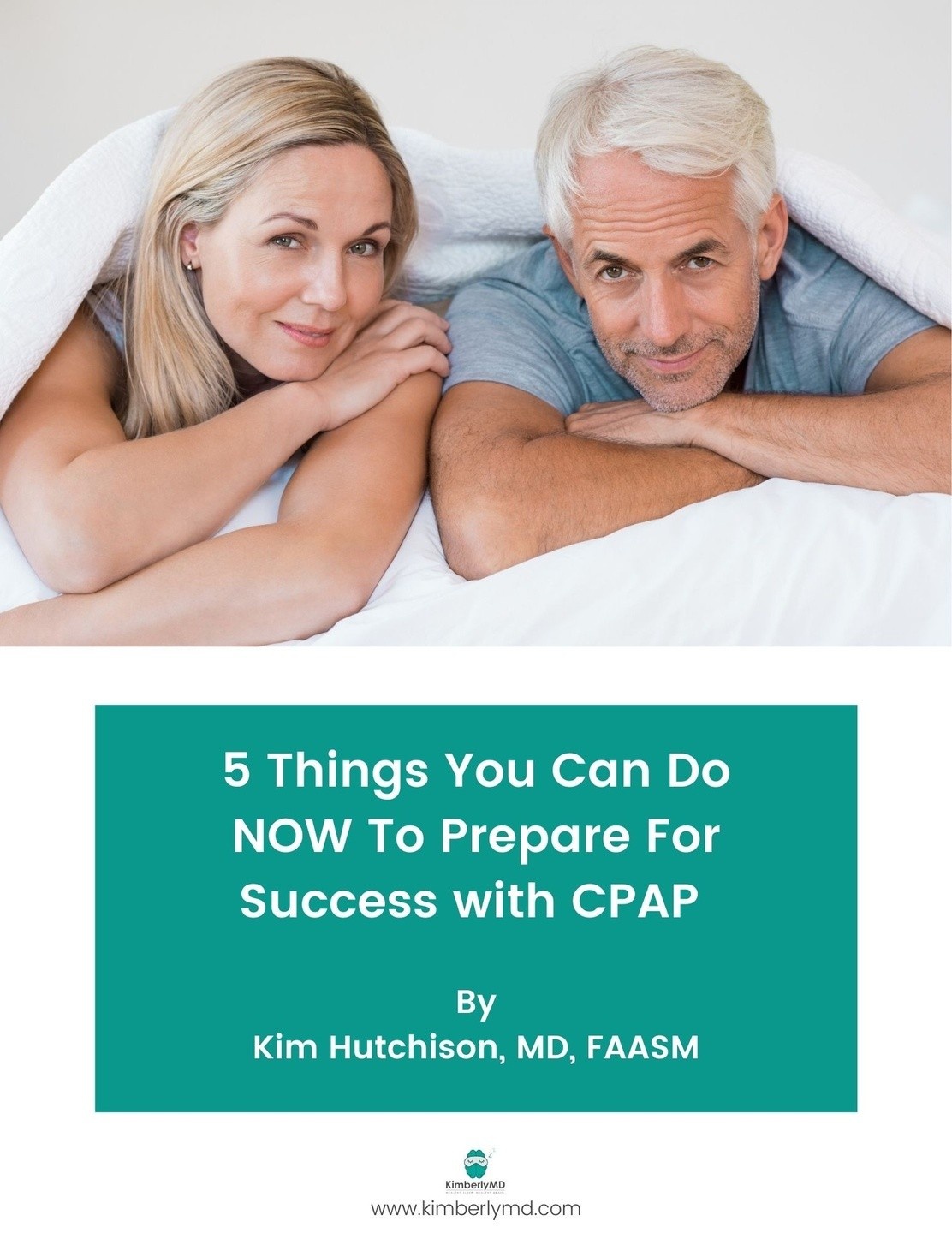Spot the Mistake Game
Hey Sleep Warrior,
Are you ready to have some fun? Now I know you’ve been showing up each week for these Sleep Bytes, so let’s put that knowledge to the test. This week, I’m introducing a new game: "Spot the Mistake!"
I’ve created a set of statements based on some recent Sleep Bytes, but beware—three of of the statements contain sneaky mistakes! Can you spot which ones they are?
First I’ll read all 5 statements, then I’ll read the answers. If you’ve already studied the statements in my weekly email, feel free to skip ahead.
Ready?
Statements:
- CPAP vs BiPAP: CPAP delivers a continuous pressure throughout the night, while BiPAP provides varying pressures for inhalation and exhalation. BiPAP is often prescribed for patients with higher pressure requirements or those with conditions like COPD, neurologic problems, or obesity.
- Auto-CPAP: Auto-CPAP machines have a higher average pressure throughout the night to ensure all apneas are treated effectively, providing personalized therapy.
- CPAP Safety: CPAP equipment, including the mask and tubing, should be cleaned at least once a month to ensure proper hygiene and functionality.
- AD109 and Mariposa Study: AD109 is a medication being developed for sleep apnea and is part of the Mariposa study. This study aims to evaluate the efficacy and safety of AD109 in treating sleep apnea symptoms.
- Oral Appliance Therapy: Oral appliance therapy is a treatment option for sleep apnea that involves wearing a device in your mouth to keep the airway open. It is often recommended for patients with severe sleep apnea who cannot tolerate CPAP therapy.
Did you spot the mistakes? Here they are:
- Auto-CPAP (Statement 2): Auto-CPAP machines actually have a lower average pressure throughout the night since they adjust up and down depending on the specific needs of the patient.
- CPAP Safety (Statement 3): CPAP equipment, including the mask and tubing, should be cleaned at least once a week, not once a month, to ensure proper hygiene and functionality.
- Oral Appliance Therapy (Statement 5): Oral appliance therapy is typically recommended for patients with mild to moderate sleep apnea or those who cannot tolerate CPAP therapy, not usually for severe cases.
How did you do? It doesn’t really matter, I hope you had fun.
Thanks for being here, I’ll see you next week!



